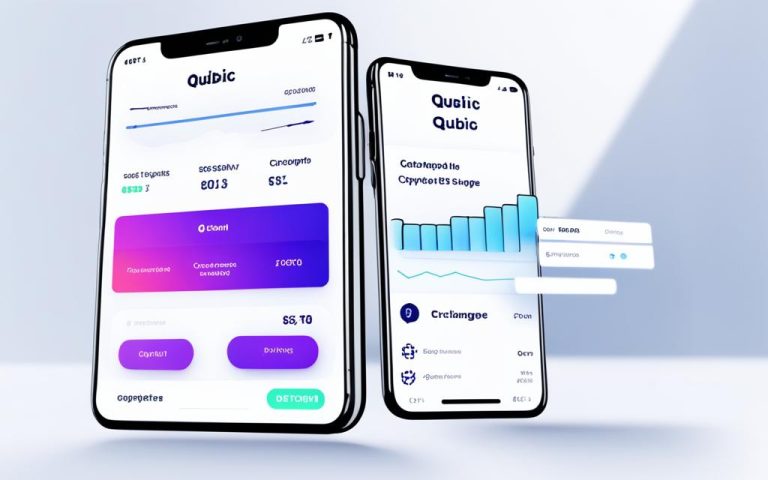Cryptocurrency markets work differently from regular stock or commodity markets. They stay open 24/7, unlike the others with set hours. This anytime availability lets traders participate in crypto trading whenever they want.
The market’s liquidity changes based on the time. This means how easy it is to buy or sell cryptos varies during the day. Knowing this can help traders plan when to make their moves.
Traders often check the prices after exactly 24 hours. They do this to guess how the market might change. This comparison helps them decide if it’s a good time to buy or sell.
The crypto reset time usually happens between 8 a.m. and 4 p.m., depending on the time zone. This is when the trading day officially starts. Being ready at this time can make your trading more successful.
Learning the ins and outs of crypto market timing is key for all traders. By understanding trading hours and how the market moves, you can make your trading strategies better. This can lead to more success in crypto trading.
Best Time to Trade Crypto
When trading crypto, picking the perfect time is key. The right time to trade depends on things like how much is being traded, how easy it is to turn assets into cash, when people trade, and how much prices move.
For those doing big trades, it’s vital to pick when a lot of trading is happening, and assets are easy to sell. This makes buying and selling not affect the price much. You’ll have an easier time getting the prices you want.
But if you’re starting out or just trading small amounts, how prices change might not matter as much. Using well-known platforms that are harder to mess with might be a better move for you.
Weekends in the crypto world are not like the stock market’s weekends. Trading might slow down, but there could still be good chances to make trades. Watching the market on weekends is still a smart idea.
Crypto trading is very active when the U.S. stock market is open, especially at the start. This is when a lot of trading happens for coins like Bitcoin. Anyone looking for more chances to sell or buy might like this time.
In the end, there are many things to think about when deciding on the best time to trade. Remember to consider trading amounts, how easy it is to move investments to cash, when trading is high, and how much prices swing. Knowing these can help you make smart trades and do well.
Factors to Consider for Trading DeFi Tokens
When you trade DeFi tokens, especially on Ethereum, you must keep some things in mind. One key thing is the Ethereum gas fees. These are the transaction fees on the Ethereum network. They can change a lot based on how crowded the network is. This can really change how much you make or spend when you trade.
It’s crucial for traders with not a lot of money to watch these gas fees. When there’s lots of people trading, the network gets more crowded. This makes gas fees go up. To save money, it’s smart to trade when the network is less busy, like during times when not many people are trading.
Both types of exchanges, centralized and decentralized, have more activity when it’s the U.S. trading hours. This shows that what happens during those hours can affect how much trading is done in the crypto market. Knowing this can help you plan your trades better to stay on top.
Looking to predict market trends and know the best times for trading? Check out articles like Predicting Patterns: How Crypto Market Cycles and Is There a Best Time to Trade Crypto? Here’s What the Data Says. And if you’re curious about crypto reset time and its effect on trading strategies, visit Crypto Reset Time Is Important.
FAQ
When do crypto markets reset?
Crypto markets reset between 8 a.m. and 4 p.m. Traders need to watch this time closely. It helps them trade better.
What is the best time to trade crypto?
The ideal time to trade crypto varies. It depends on the trading volume and liquidity. For big trades, choose times when these factors are high.
What factors should I consider when trading DeFi tokens?
Focus on Ethereum gas fees when trading DeFi tokens. These fees change based on network traffic. If you have a small portfolio, trade when the network is not as busy. This can help you save on fees.



















